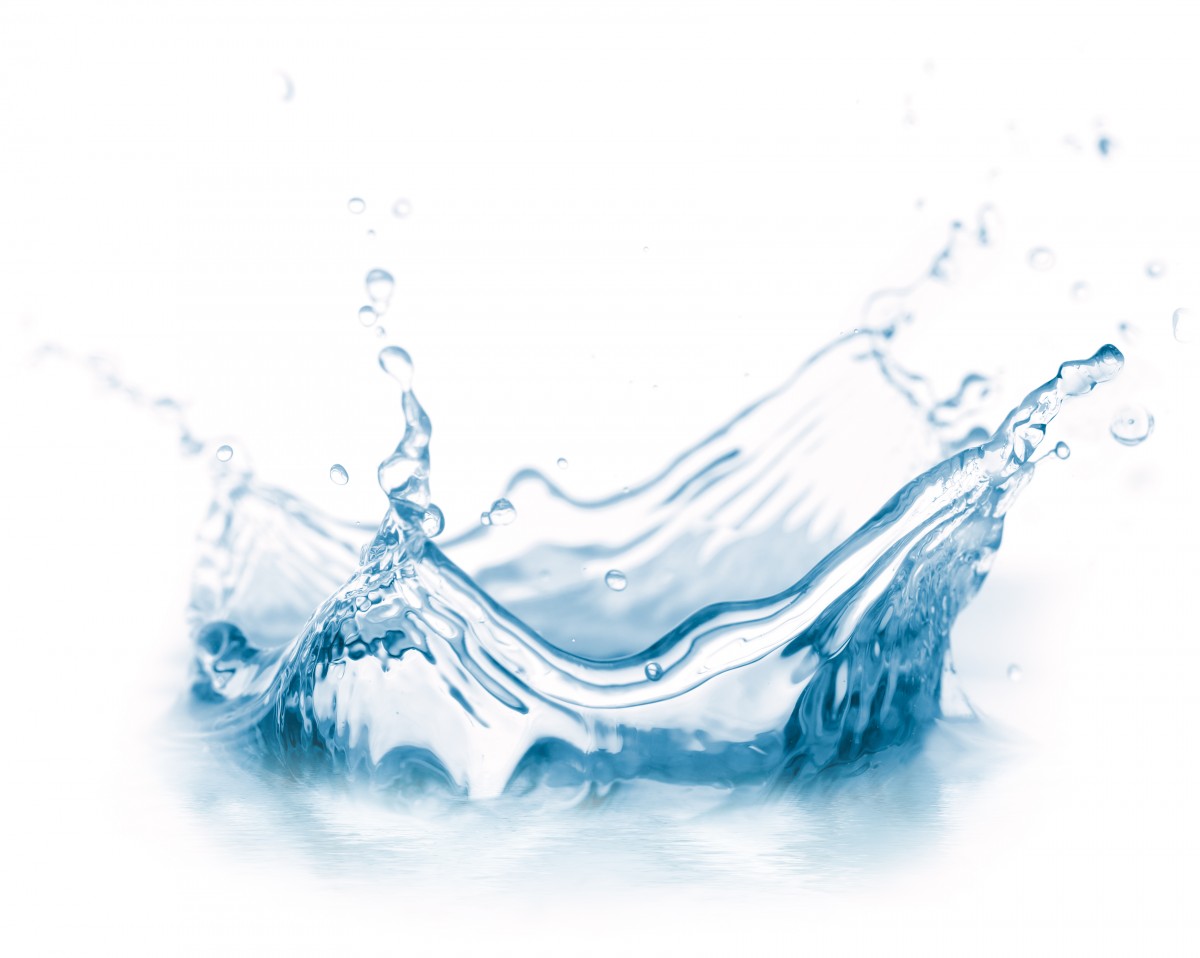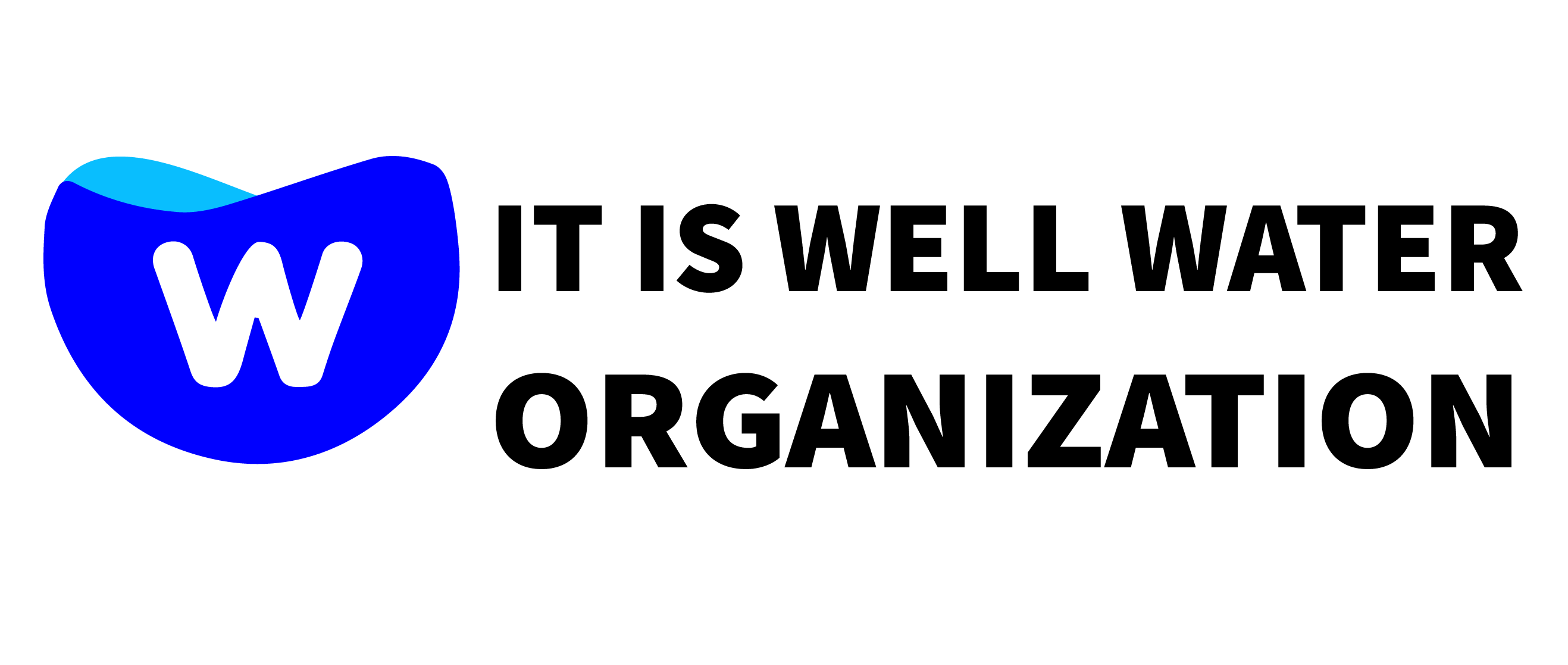Projects
With the kindly gifted donations, we will install accessible wells with potable water. By this act the villagers will walk a shorter distance than used to do.


A variety of solutions to water problems have been suggested by international organizations, non-governmental organizations, and human rights activists as well as national governments.


Water supply is one of the basic services for demographic, social and economic development of a society. There is a need of quick and efficient solutions because of the critical importance of water to human health, life, and dignity; the lack of water is leading to serious health problems,Disassociation of human social and economic development, people in the rural areas are Most vulnerable to water-related problems.


(1) Even though access to water in Ghana is improved significantly, one person out of every ten has to spend more than 30 minutes to access an improved source of drinking water.
(2) Another 11% of the population still drinks from surface and other unsafe water sources.
(1) Safely managed water coverage was 6.8% with moderate regional inequalities.
(2) Access to safely managed water in urban areas is five times higher than in rural areas.
(1) 76% of households in Ghana are at risk of drinking water that is contaminated with faecal matter.
(2) Only 4% of households treat water suitably before drinking and 93% of households do not treat water at all.
(1) There are gender inequities in access to WASH services, with women and children bearing the burden of water collection.
(1) Lack of reliable water supply is likely to be a significant contributing factor to declining access to water within 30 minutes in rural areas.


.jpg)